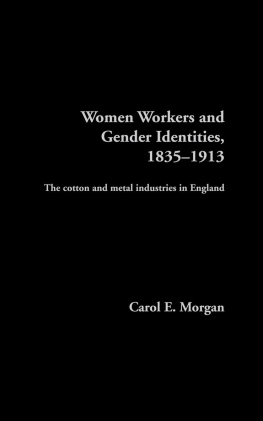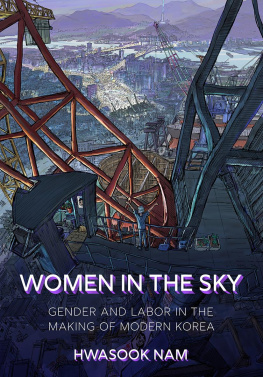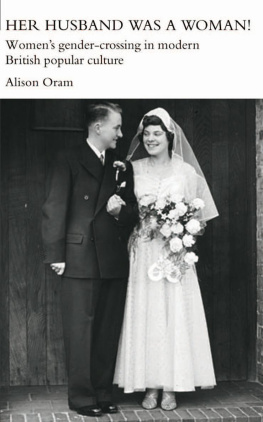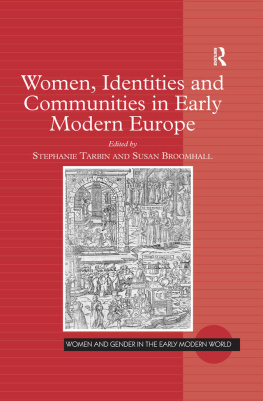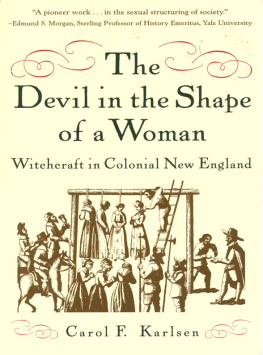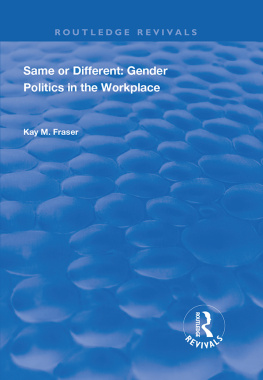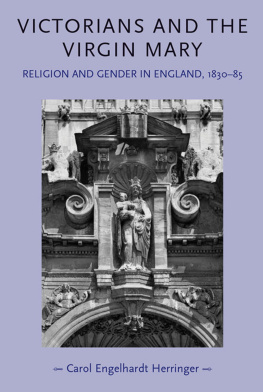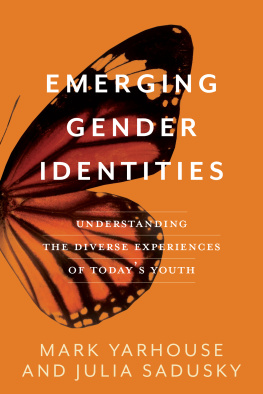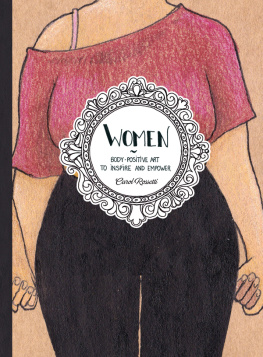Women Workers and Gender Identities, 18351913
Women Workers and Gender Identities, 18351913 examines the experiences of women workers in the cotton and small metal industries and the discourses surrounding their labor. It demonstrates how ideas of womanhood often clashed with the harsh realities of working-class life that forced women into such unfeminine trades as chainmaking and brass polishing. Thus, discourses constructing women as wives and mothers, or associating womens work with purportedly feminine attributes, were often undercut and subverted.
Weaving together extensive archival material with a fresh interpretation, this book includes discussion of:
Theoretical approaches to the study of women in history, from patriarchy to discourse analysis.
Cooperation, conflict, and community in the cotton district, the Black Country and Birmingham.
Womens activism alongside men in the Chartist, Ten Hours and trade union movements.
The work of women in such settings as the forge and pen-making factories, emphasizing its necessity and the important role it played in working-class culture.
The womens trade union movement.
Carol E. Morgan was formerly Visiting Scholar at the Center for Advanced Feminist Studies, University of Minnesota, and is now an independent scholar. She has written articles on women in the cotton industry and women in chainmaking.
Womens and Gender History
Edited by June Purvis
Child sexual abuse in Victorian England
Louise A. Jackson
Crimes of Outrage
Sex, violence and Victorian working women
Shani DCruze
Feminism, femininity and the politics of working women
The Womens Co-operative Guild, 1880s to the Second World War
Gillian Scott
Gender and crime in modern Europe
Edited by Margaret L. Arnot and Cornelie Usborne
Gender relations in German history
Power, agency and experience from the sixteenth to the twentieth century
Edited by Lynn Abrams and Elizabeth Harvey
Imaging home
Gender, race and national identity, 194564
Wendy Webster
Midwives of the revolution
Female Bolsheviks and women workers in 1917
Jane McDermid and Anna Hillyar
No distinction of sex?
Women in British universities 18701939
Carol Dyhouse
Policing gender, class and family: Britain, 1850-1945
Linda Mahood
Prostitution
Prevention and reform in England, 18601914
Paula Bartley
Sylvia Pankhurst
Sexual politics and political activism
Barbara Winslow
Votes for women
Edited by June Purvis and Sandra Holton
Womens history
Britain 1850-1945
Edited by June Purvis
The Womens Suffrage Movement
A reference guide, 1866-1928
Elizabeth Crawford
Women and teacher training colleges, 19001960
A culture of femininity
Elizabeth Edwards
Women, work and sexual politics in eighteenth-century England
Bridget Hill
Women workers and gender identities, 18351913
The cotton and metal industries in England
Carol E. Morgan
Women Workers and Gender Identities, 18351913
The cotton and metal industries in England
Carol E. Morgan
First published 2001 by Rourledge
Published 2013 by Routledge
2 Park Square, Milton Park, Abingdon, Oxon OX14 4RN
Simultaneously published in the USA and Canada
by Routledge
711 Third Avenue, New York, NY, 10017, USA
Routledge is an imprint of the Taylor & Francis Group, an informa business
2001 Carol E. Morgan
All rights reserved. No part of this book may be reprinted or reproduced or utilised in any form or by any electronic, mechanical, or other means, now known or hereafter invented, including photocopying and recording, or in any information storage or retrieval system, without permission in writing from the publishers.
British Library Cataloguing in Publication Data
A catalogue record for this book is available from the British Library
Library of Congress Cataloging in Publication Data
Morgan, Carol E.
Women workers and gendet identities, 18351913 : the cotton and metal industries in England / Carol E. Morgan.
p. cm. (Womens and gender history)
Simultaneously published in the USA and Canada.
Includes bibliographical references and index.
1. WomenEmploymentEnglandHistory 2. Textile workersEnglandHistory. 3. Metal-workersEnglandHistoty. 4. Sex discrimination against womenEnglandHistory. 5. Women labor union membersEnglandHistory. I. Title. II. Series.
HD6136.W67 2001
331.40942dc21
2001019760
ISBN 13: 978-0-415-23929-5 (hbk)
ISBN 13: 978-0-415-23930-1 (pbk)
To David
And to Dad and in loving memory of Mom and Larry
Contents
PART I
Negotiating gender difference in the cotton district
PART II
Female labor and gender difference in the small metal industries
Map of the industrial development of Birmingham and the Black Country, 18601927 |
Illustrations from the Handbook of the Daily News Sweated Industry Exhibition |
Women chainmakers at Harry Stevens Chains, Cradley Heath, c. 1912 |
Working men! Unite to end this scandal. |
Leaflet produced by the National Federation of Women Workers |
Banner of the Crusade Against Sweating |
National Society of Amalgamated Brassworkers and Metal Mechanics, The 4th Crusade Meeting of Brass and Metal Workers, 4 November 1909 |
Cartoon by Will Dyson |
I acknowledge the use of excerpts in from my articles Women, work and consciousness in the mid-nineteenth-century English cotton industry, Social History, January 1992, vol. 27, pp. 2342 (Routledge) and The domestic image and factory culture: the cotton district in mid-nineteenth-century England, International Labor and Working-Class History, Spring 1996, no. 49, pp. 2646 (Cambridge University Press).
I wish to acknowledge the support of the Center for Advanced Feminist Studies at the University of Minnesota where I was a Visiting Scholar during 19989. I am most grateful to Martie Reineke, Roy Sandstrom, Jay Lees, Tim OConnor, and Jeffrey Cox for their professional encouragement and personal support in the face of adversity and beyond. I am also grateful for the encouragement and support that the professional evaluation of my earlier work by Deborah Valenze, James Epstein, and James Schmiechen provided. And I wish to thank Neville Kirk, Marc Steinberg, Anna Clark, and Mary Jo Maynes for their continued professional encouragement and support. Special thanks go to Ruth and the memory of Eddie Frow, founders of the Working Class Movement Library in Salford, whose love of books and people helped send me on my way.
Mostly, it is with deep love and gratitude that I dedicate this book to my husband and comrade, David, who has always offered unwavering support through it all!
In seeking to rescue the poor stockinger, the Luddite cropper and even the deluded follower of Joanna Southcott, from the enormous condescension of posterity, E. P. Thompson sought to unveil the making of the English working class. Through such an approach, he gave life to class, as well as to the people themselves, and thereby moved the fields of labor and social history away from a focus on institutional history to an emphasis on history from the ground up. Despite the fact that women themselves did not emerge center-stage, the importance of this study for womens history was implicit and its impact profound.


